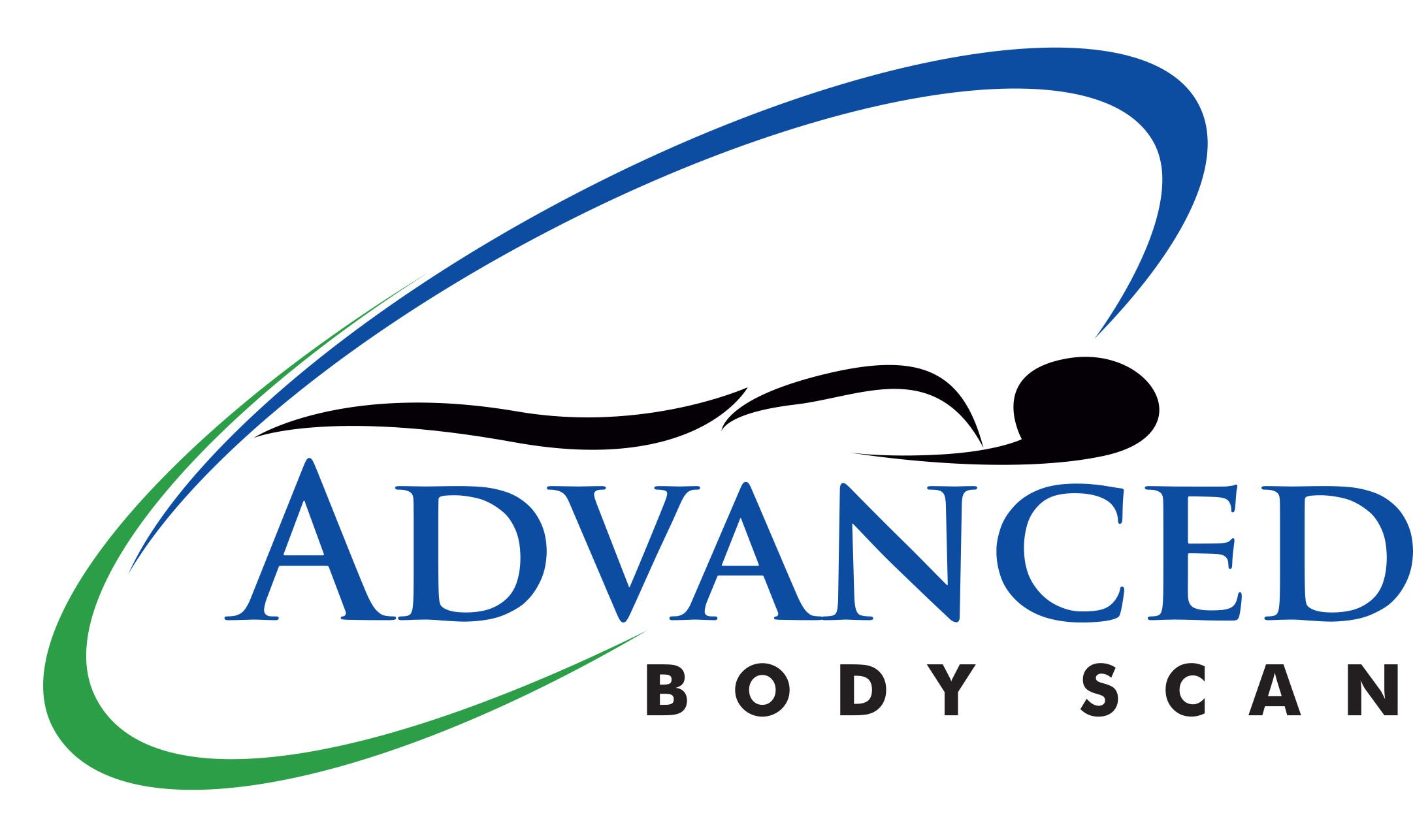You received your first heart, lung, and/or body scan at Advanced Body Scan and it came back with no major complications. That’s great news! However, if you think you are set for life, that may not be the case.
As you age, your body is constantly changing and, unfortunately, not for the better. Your taste buds change, your hair changes, even your skin changes over time. While these are variations you can see and feel there are others happening inside your body that you may not be aware of. These changes can lead to problems with cancer, heart disease, and other potentially fatal diseases.
If you have a family history of cardiovascular disease or cancer, you are at a high genetic risk of developing the same diseases. Getting a preventive scan is one of the best ways to stay on top of your health and be aware if they develop into life threatening problems.
While this first scan gives an all-important baseline, it is the next scan and every scan after that becomes increasingly more important to compare. By comparing past scans, we may detect clots, tumors, or calcium build up that had not yet developed. If a problem was found in a previous scan the next scan will be used to tell if it has changed or worsened. This is critical as early detection leads to much better out comes.
Additionally, October is Breast Cancer Awareness Month and while we do not offer mammograms, we believe, just like our heart, lung, and body scans, regular checkups and screenings for all parts of your body are essential. We want you to be the healthiest you can be and what better way than proactively staying ahead of health problems?
At Advanced Body Scan we believe that preventive screening is one of your best defenses against deadly diseases such as a heart attack, cancer, and stroke. We also believe that, although helpful, having only one screening during your life is not the most accurate way to give you peace of mind. From experience, we have discovered that your most important scan is your next scan and having a regular annual screening could save your life.
